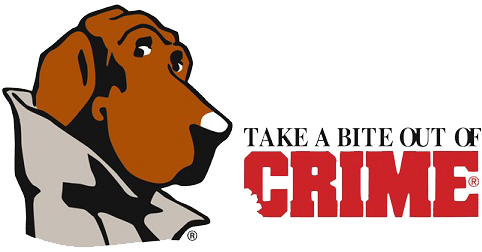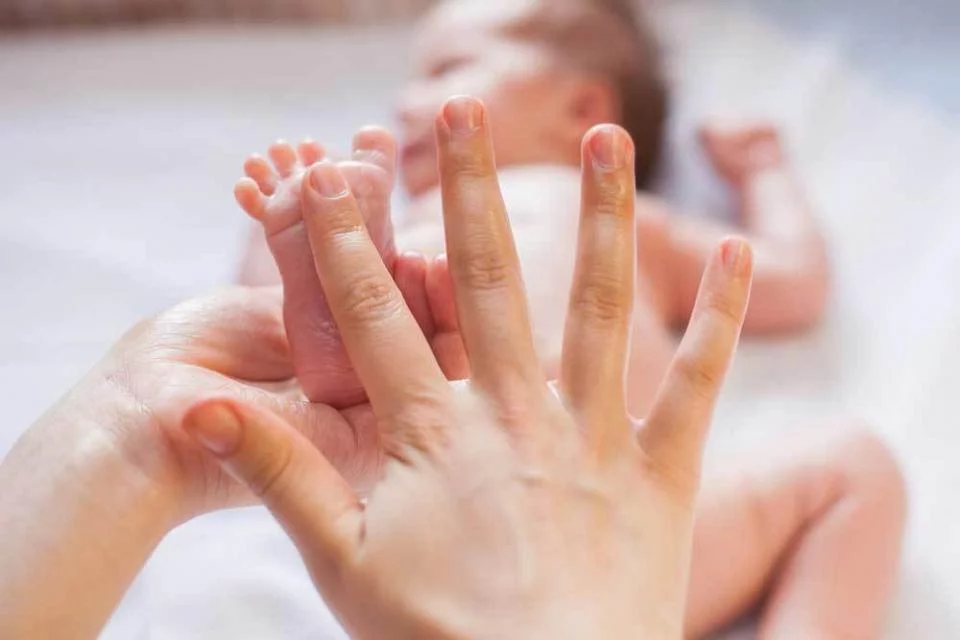Originally posted by: www.parenting.com
Chances are, you’ve probably used at least one home remedy on your child, whether it’s a “magic potion” cold remedy concoction of essential oils or a simple bee sting cure-all made out of baking soda and vinegar.
Whether you’re a believer in home remedies or not, the plethora of websites, books, and online courses available on the subject—from the not-so-natural medicine cabinet miracles to 100 percent organic homeopathic cures—suggests that many parents are not only believers but proactive embracers of treating their children with alternative methods.
But recent horror stories and warnings—such as the Canadian parents who were convicted for their toddler’s death from meningitis because they used home remedies instead of taking him to the hospital; the infant who suffocated from a plastic bag home lice remedy; and the Tennessee poison control center’s warning that more children are being accidentally poisoned by “essential oils”—have sparked a rather heated debate among parents online about the safety of treating kids without a doctor’s supervision.
Amid this sometimes angry dialogue, the crux of the conversation seems to hinge on this question: How do you know when it’s okay to use home remedies on your kids, and more importantly, how do you know when it’s not okay?
In hopes of empowering parents with information on the dos and don’ts of home remedy treatment, we spoke to two pediatric professionals to get their advice. Here are their thoughts:
The Traditional Doctor
Dr. Joseph Gigante is a professor of pediatrics at Vanderbilt University and Monroe Carrell Jr. Children’s Hospicat at Vanderbilt.
When it comes to parents treating their children’s common ailments at home using either a “home remedy” or a homeopathic treatment option, what’s your overall philosophy?
“My philosophy regarding home remedies and homeopathic treatments is “first do no harm,” which echoes the Hippocratic Oath. There are many home remedies that might have minimal if any benefit to the child. However, if the parents feel like they want to try something and the treatment will not harm the child, then I don’t have a problem with the treatment. A second situation is one that is more worrisome and dangerous. This is when parents choose not to use a traditional medicine therapy that is known to be effective and instead opt for a homeopathic treatment that is ineffective, resulting in a delay in treatment and harm, and possibly death, of their child, as we have seen in a few cases recently.”
What symptoms or ailments do you think are safe for parents to treat at home—at least in the beginning?
“There are many symptoms and illnesses that are safe for parents to treat at home. The most common of these is the cold. Parents can support their child and make them feel more comfortable if their child has the common cold symptoms: cough, congestion, runny nose, sneezing, sore throat. Fever can also be managed at home. Parents often get very worried about fever, but fever is a response to an infection and helps fight the infection. Giving your child Tylenol or Ibuprofen helps bring the fever down and makes the child feel better. Vomiting and diarrhea are also common symptoms children get, which parents can treat at home by being sure their child stays well hydrated by encouraging fluid intake. Children will often also complain of headaches and stomachaches. In most instances, these symptoms are not serious and can be managed at home.”
Are there ailments and symptoms that you think parents should never treat at home?
“Yes. A fever that’s equal to or greater than 100.4 Fahrenheit in an infant less than 3 months of age should not be treated at home. The fever may be a sign of a serious bacterial infection. Fever associated with a severe headache and a stiff neck should also not be treated at home as these may be signs of meningitis. A parent should have their child evaluated if a fever lasts more than 5 days. A child who is having difficulty breathing, which may result in a blue color to their lips/mouth should also be seen immediately. Children who have had vomiting and diarrhea and now are not drinking at all, have decreased urination or are not acting like themselves may be severely dehydrated and need IV fluids.”
What are the most common errors that parents make when treating their kids at home?
“The most common error I see that parents make when treating their children at home is not giving their child enough Tylenol or Ibuprofen to treat a fever. The doses of these medicines are based on the child’s weight. As infants gain weight, their dose of Tylenol or Ibuprofen should increase; however, parents often dose based on a previous weight and as a result under dose their child. The other error I often see is parents using the wrong kind of thermometer. The most accurate way to measure an infant’s fever is using a rectal digital thermometer. Another common mistake is using over the counter cold/cough medicines. These medicines don’t work in children and can cause serious side effects.”
A couple of recent headlines have showcased tragic endings for parents who treated their kids at home, what can parents learn from these two tragic stories?
“Thankfully, tragic stories of children dying at home instead of seeking medical care are not common, but they are avoidable. They are probably due to a combination of lack of common sense, false beliefs by parents and false claims made by naturopathic practitioners. Parents should always be leery of practitioners who shun traditional medicine completely, are anti-science and make false claims about childhood immunizations. Medicines work; immunizations prevent disease and have saved millions of children’s lives. These practitioners may recommend treatments that are not effective and may result in a delay in seeking medical attention, as was the case in the Stephan meningitis case. If parents are using home remedies, they should seek medical attention if their child is not improving or getting worse within 1-2 days.”
The Naturopathic Physician
Dr. Jamie Oskin is a naturopathic doctor at Arizona Natural Heath Center with expertise in homeopathy and natural pediatrics.
As a naturopathic doctor specializing in pediatrics, what is your overall philosophy as it relates to helping parents make the best choices for treating their kids at home?
“[I believe] lifestyle is very important for children to be healthy. For example, I work with parents to [not only cure ailments but also to] improve their child’s nutritional status—i.e., exercise more and get better quality sleep. These lifestyle components of health are essential for a child to live up to their fullest potential. Lifestyle medicine and homeopathy work hand in hand. The homeopathic remedies stimulate the body’s innate capacity to heal (in Latin: vis medicatrix naturae). In other words, homeopathy stimulates the “nature” side of the equation to help make the child healthier. Lifestyle medicine promotes an environment (i.e. “nurture”) for the child to achieve optimal health. The “nature” + “nurture” is a perfect combination to help most children with most health concerns.”
What symptoms or ailments do you think are safe for parents to treat at home—at least in the beginning?
“Minor bumps and bruises can safely be treated at home without a doctor’s help with over the counter, Arnica. Self-limiting coughs and colds can be treated with over-the-counter products. Self-limiting allergic rhinitis (hay fever) can be treated at home with over-the-counter homeopathic products. Basic earaches can also be treated with over-the-counter products since most ear infections are viral, self-limiting and will resolve on their own within 48-72 hours.”
Are there symptoms or ailments that you encourage parents to not treat without calling you first?
“Any condition that is acute and intense, such as a high fever, delirium, unresponsiveness, neck stiffness, strep throat, excessive vomiting or diarrhea, dehydration, difficulty breathing as in pneumonia or asthma, should be treated with the help of a physician. Any condition which is chronic and ongoing that does not resolve with simple over-the-counter treatments should be treated with the help of a physician, example, recurrent ear infections, chronic eczema or psoriasis, ADHD, autism, PANS, tic disorders, asthma, autoimmune disease, etc.
If a patient has an acute life-threatening condition, such as meningitis, appendicitis, etc., then they must be treated in the emergency department or at a hospital. Safety and “first do no harm” always come first.”
A couple of recent headlines have showcased tragic endings for parents who treated their kids at home, what can parents learn from these two tragic stories?
“These two tragic stories are heart wrenching. In both cases, there seemed to be some misguided parents and/or even negligence. Home remedy or not, it is never a good idea to put a plastic bag over a child’s head, and it is downright dangerous to do so and then leave the child unattended. The other family’s child showed clear signs of meningitis—high fever, severe neck stiffness—and should have been seen immediately in an emergency department. Both cases highlight the importance for parents to yield to common sense when trying home remedies and also to always put their child’s safety first. Because these stories were tragic, they received a lot of media attention and shine alternative medicine in a poor light. But in both cases, alternative medicine was not the problem, but rather misguided parent decisions.”
One of the best home “remedies” you can offer your child is the gift of preparation. By having all of your child’s DNA, fingerprints, and other vital data stored in one convenient, secure place, you will be equipped to take action in a moment’s notice. Request your no-cost kit today!






